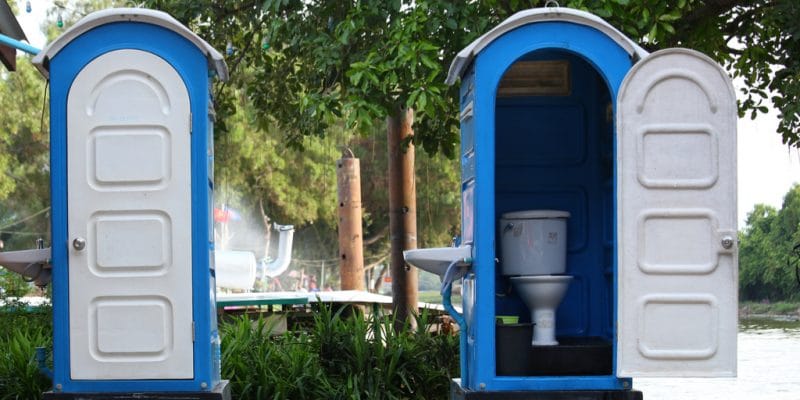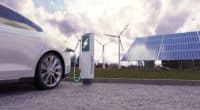The IHE Delft Institute for Water Education installs its Emergency Sanitation Operation System (eSOS) in Nairobi, Kenya, after that in the Philippines. The system consists of toilets that operate using information and communication technologies (ICTs).
Open defecation in Nairobi is a phenomenon that affects a large part of the population. In a joint report, the United Nations Children’s Fund (UNICEF) and the Joint Monitoring Programme of the World Health Organization (WHO) point out that up to 30% of Kenyans use unsafe toilets or toilets shared by several families. That still represents 21 million people. Nairobi remains one of the most affected urban centres, as the capital is home to a large part of the Kenyan population.
It is a situation that makes disadvantaged neighbourhoods unhealthy, exposing these same populations to epidemic risks such as cholera. This is what motivated IHE Delft Institute for Water Education to take an interest in this issue. The Dutch institution has developed an emergency sanitation operation system (eSOS). It incorporates toilets that operate largely thanks to information and communication technologies (ICT).
Smart toilets to improve hygiene and sanitation
For the moment, the toilets, which look like telephone kiosks, are not yet functional and they should be very soon. In a kiosk, there is a modular smart toilet, equipped with sensors. This technological device makes it possible, for example, to detect human presence in the installation, to measure the quantity of urine, to carry out automated monitoring of correct operation and, in particular, to provide information on the filling level. Once full, the tanks can be drained and cleaned to maintain a good level of hygiene.
These toilets need energy to function properly. Each of them is equipped with a solar panel and a battery to ensure constant availability of electricity. The waste collected in the toilets will then be used to make organic fertilisers for agriculture. eSOS was developed with the support of the Asian Development Bank, the Via Water programme (which aims to find innovative solutions to drinking water supply problems), and the Bill & Melinda Gates Foundation.
Jean Marie Takouleu







